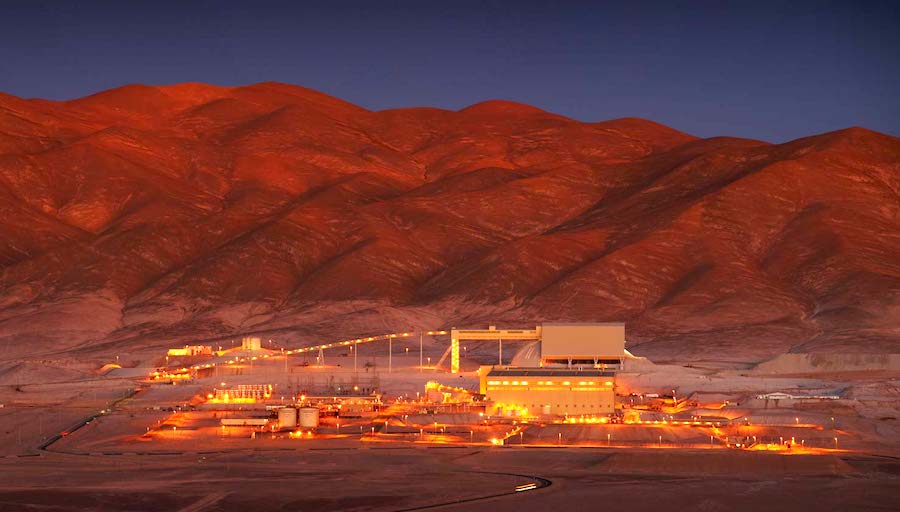Union at BHP’s Escondida copper mine in Chile says no advance deal likely

SANTIAGO, April 24 (Reuters) – The union of workers at BHP’s Escondida copper mine in Chile, the world’s largest, told Reuters on Tuesday it had made little progress on an early contract deal with management, making it “highly likely” that no agreement would be struck before official talks begin in June.
The union accepted an offer to begin early negotiations with the Anglo-Australian miner in March in an effort to avoid another strike at the northern Chile mine. Failure to reach a labor deal caused a 44-day strike at the mine last year, jolting the global copper market.
In a brief interview with Reuters, union spokesman Carlos Allendes said it was “highly likely” that talks would extend into June as the company had made only “marginal and insufficient” concessions to union proposals.
“Our workers are empowered and will act with even more force than last year in defense of our rights,” Allendes said. “Given … the price of copper, the cost of a conflict will be even greater.”
BHP said on Tuesday it had recently extended talks by a week in a show of its desire to reach a deal with the union.
“Our intention is to continue discussion to reach an agreement,” a BHP spokeswoman said.
The price of copper on the London Metal Exchange has risen more than 50 percent since hitting a nine-year low in 2016, boosting profits globally and potentially providing unions with more leverage in negotiations.
Allendes cited health and safety issues as principal concerns for the union’s workers.
“There is no possibility of a deal if they do not respect our demands, and even more so when it involves our health,” Allendes said.
The union also has cited as sticking points issues related to pay, promotions, educational benefits and severance protection, among others.
Workers at the mine last year decided to end the strike by invoking a legal provision that allows them to extend their existing contract by 18 months, through July 31, 2018.
Chilean law requires official talks begin on June 4.
(Reporting by Fabian Cambero, writing by Dave Sherwood; Editing by Chizu Nomiyama and Bill Trott)
{{ commodity.name }}
{{ post.title }}
{{ post.date }}




Comments